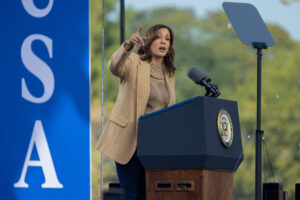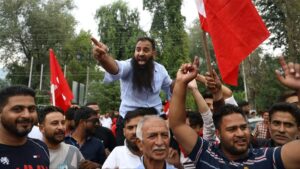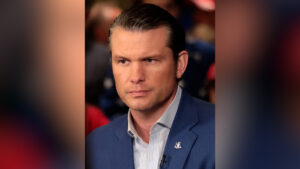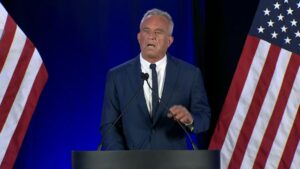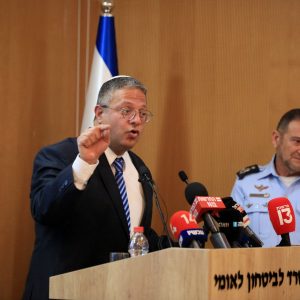No Muslim representation in new Indian government: A glaring omission
Exclusion of Muslims from Modi’s new government is seen critical issue that raises questions about Modi’s commitment to inclusive governance and the wider implications for Indian democracy
By Iftikhar Gilani
On a bright Sunday evening, as Narendra Modi etched his name in Indian history by being sworn in as prime minister for the third time, it dawned that there will be no representation from the Muslim community in his 71-member jumbo council of ministers.
This absence leaves a deep impression on the 200 million-strong Muslim community, which finds itself without a voice in Modi’s cabinet, prompting a critical debate on the inclusion of minorities under his rule.
Muslim representation in Indian cabinets has been the norm since the country’s independence. Since India’s independence in 1947, 43 Muslims have sat in the council of ministers under different prime ministers.
In Modi’s previous tenures, Muslim ministers like Mukhtar Abbas Naqvi, Najma Heptulla and M J Abkar have held key positions.
Naqvi, the Union Minister for Minority Affairs, retired from office in 2022 after his term in the Rajya Sabha (Upper House) ended. He was not nominated for re-election.
Muslims have held important positions in previous BJP-led governments. During Atal Bihari Vajpayee’s tenure, the cabinets included leaders like Shahnawaz Hussain and Omar Abdullah.
The complete absence of Muslims since 2022 is a marked break from this tradition.
Last year, the government sent actress-turned-politician Smriti Irani to Jeddah and Madina to negotiate the Hajj arrangement with the Saudi authorities. She held the portfolio for minority affairs.
In the 2024 general elections, the BJP contested with only one Muslim candidate in Malappuram in Kerala, but he lost.
Of the 78 Muslims who contested the elections, 24 were elected. There were 26 Muslim MPs in the last parliament.
In the mid-1980s, Muslims made up 11% of India’s population and held 9% of parliamentary seats; today they make up 14% of the population and hold less than 5% of parliamentary seats.
The declining number of Muslim MPs and their absence from the ministry is further evidence of the lack of efforts by political parties to ensure Muslim representation.
The absence of Muslim MPs from the BJP-led National Democratic Alliance (NDA) in the Lok Sabha (Lower House) is a glaring problem. In the last Parliament, the ally Lok Janshakti Party (LJP) had a Muslim MP, Mahboob Ali Qaisar from Bihar. However, he was not made a minister.
While there are no Muslim ministers in the new cabinet, there are representatives of other minority communities, which are fewer in number than Muslims.
Sikhs and Christians are represented by Hardeep Singh Puri, Ravneet Singh Bittu, George Kurien and Kiren Rijiju. Sikhs make up 1.72% and Christians 2.3% of India’s 1.41 billion population.
Bittu was included in the cabinet despite losing his seat, indicating selective treatment of the Sikh minority. George Kurien from Kerala did not even contest the election. Both now must be elected in the next six months to either of the two houses, to retain their posts in the ministry.
The new cabinet also includes 10 Dalits, 27 members from Other Backward Classes (OBCs), 21 from ‘upper’ castes and five from tribal groups. This composition shows an emphasis on caste-based representation.
Critics claim that this exclusion is a deliberate move by the BJP to marginalize the community. They point to the broader issue of political representation and inclusivity in a diverse and democratic nation.
Out of the states, Bihar, a key state for the BJP, the representation in the cabinet has increased. The state now has eight ministers reflecting a balanced mix of OBCs, upper castes and Dalits. This move is seen as strategic in view of the upcoming assembly elections in Bihar.
In states like Haryana, Maharashtra and Uttar Pradesh too, careful consideration has been given to the appointment of ministers.
In Haryana, influential leaders from the Ahir and Gurjar communities have been included, while in Maharashtra and Uttar Pradesh, the BJP has tried to maintain a balance between the different caste groups.
The exclusion of Muslims from Modi’s new government, however, is seen a critical issue that cannot be overlooked. It raises questions about Modi’s commitment to inclusive governance and the wider implications for Indian democracy.
A complete list of Muslim ministers in India since 1947 can be found here.





